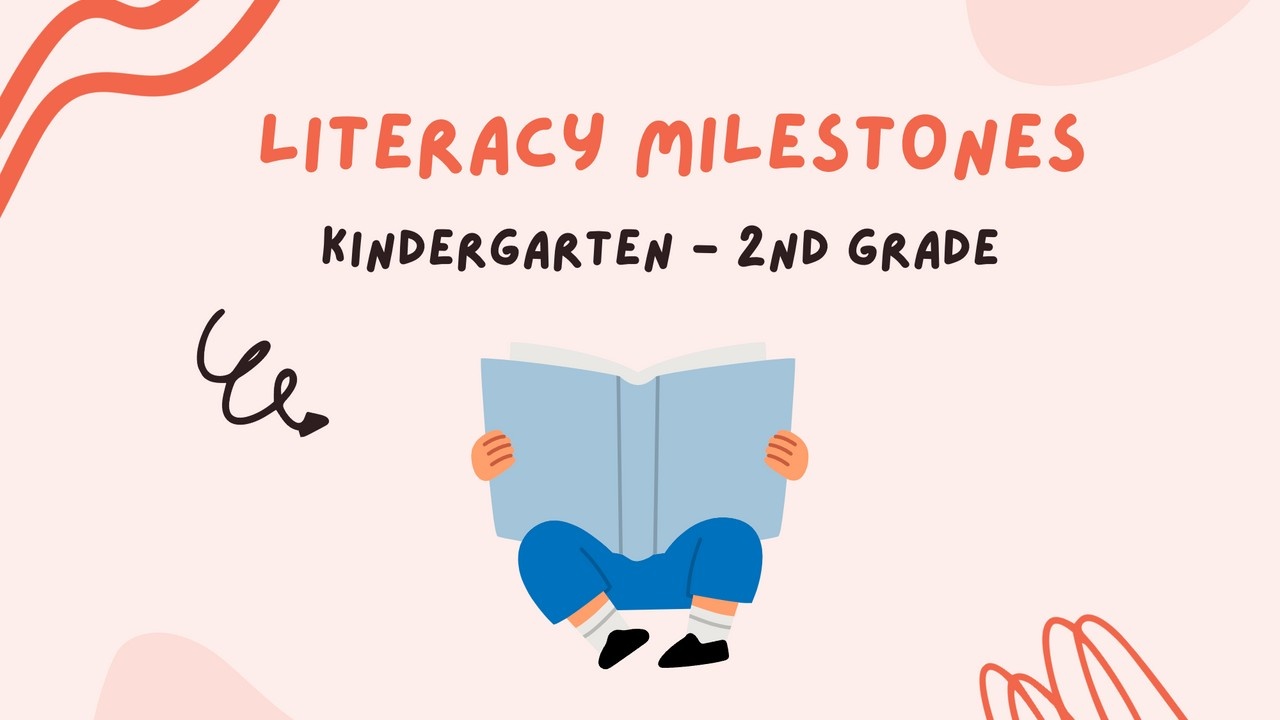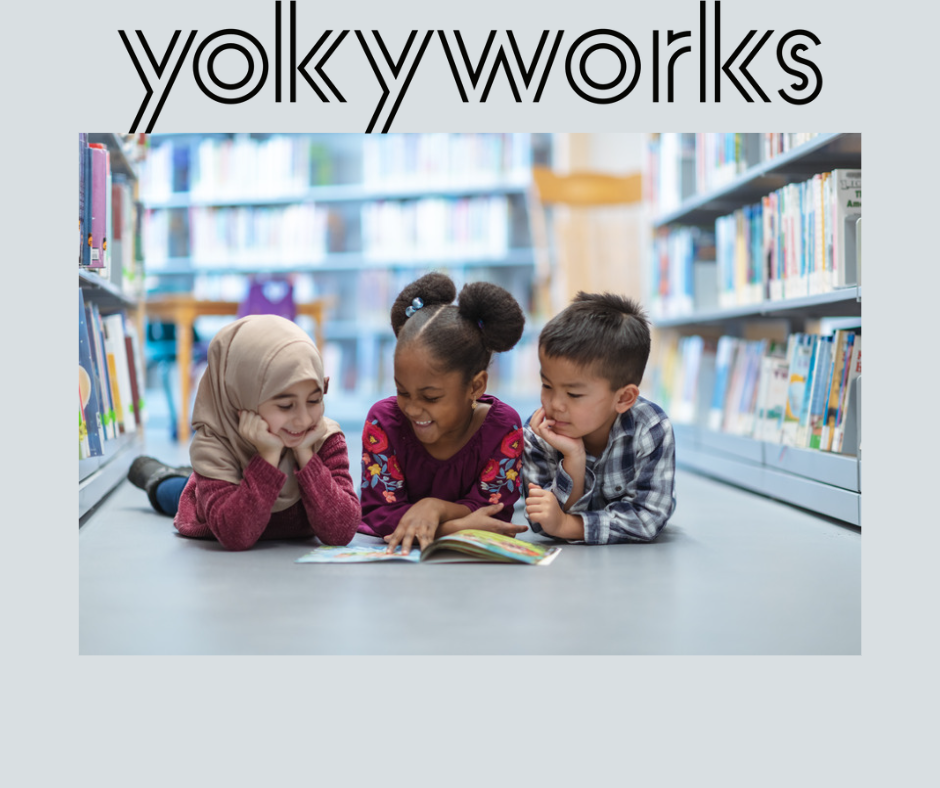
Early Literacy Milestones
Jan 04, 2023Because reading is not a natural process, it cannot be left up to chance. As reading expert Andrea DeBruin-Parecki articulates, “Learning to read is built on a foundation of language skills that children start learning at birth – a process that is both complicated and amazing.” Kindergarten is an especially exciting time in your child’s reading development, when they transition from handling books (and maybe chewing on them!) to decoding the words and sentences contained within their pages. As doctor Maryanne Wolf puts it in Proust and the Squid: The Story and Science of the Reading Brain, “all the precursors of reading come together in the world of kindergarten” (101). Here are just some of the reading milestones you can expect:
Kindergarten Reading Milestones
Between age five and six, your child will display increasingly acute phonological and phonemic awareness and letter-sound knowledge. This means they will be able to identify, segment and manipulate sounds in simple words and to attach the sounds they hear to the letters in our alphabet. Once they are able to associate sounds with letters, they will be able to sound out words like cat, sun, and map. They’ll also notice that cat is made up of three distinct sounds (/k/-/a/-/t/) and be able to tell you that the middle sound in cat is the same as the middle sound in map.
At this age, your child will recognize books as vehicles for storytelling and will start to internalize what Wolf calls “the language of books.” Prepare to be delighted by your child’s ability to make predictions and answer questions about the elements of a story. As articulated in Understood, it's not uncommon for children at this age to integrate the language of storytelling into their imaginative play. Don't be surprised if you hear them narrating stories while they play with their friends. Because you can expect your child to demonstrate interest in reading and being read to, this is the perfect time to further develop their attachment to books.
First and Second Grade Reading Milestones
After kindergarten, your child will develop their interests and skills as an independent reader. They will still demonstrate interest in having books read to them, but you will increasingly entertain themselves with independent reading.
By the beginning of first grade, your child may show the beginning signs of understanding literary devices such as metaphor and simile. As Maryanne Wolf writes, these "analogical skills represent an extremely important, largely invisible aspect of intellectual development at every age." In second grade they will also be able to read more complex stories and start to develop their spelling skills. You’ll be amazed by their expanding vocabulary and comfort with new words and phrases.
When encountering unfamiliar words, your child will be able to use context clues to comprehend the meaning of a sentence and can look up words that they don’t understand. They’ll comprehend a variety of fiction and non-fiction texts and be able to point out their similarities and differences. Increasingly, you will notice your child making deep connections with the stories that they read.
Why Screen for Reading Milestones?
Early screening is the first step in ensuring children are meeting these milestones and don't fall behind in reading. As Maryanne Wolf articulated in a recent article published by EdSource: "Screening is not a diagnosis or a ramp to special education. Rather, it gives teachers information on the strengths and weaknesses of every child so that early targeted instruction can give children their best shot at becoming literate." Early intervention is failure prevention.

Looking for help for your child?
We're here for you! Fill out our contact form and we'll get back to you ASAP.
We hate SPAM. We will never sell your information, for any reason.

